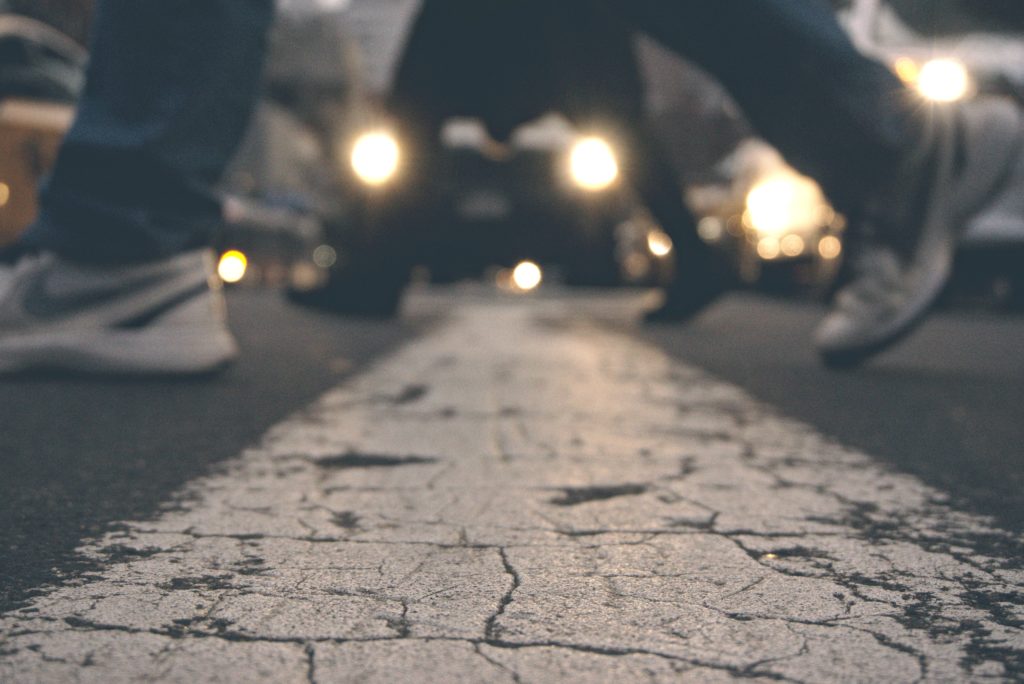
Pedestrian injuries and fatalities in Virginia and across the U.S. have steadily increased over the last couple of decades. According to the Virginia Department of Motor Vehicles, there were 1,625 vehicle crashes involving pedestrians in 2019, and 124 were fatal. These deaths accounted for 15% of all fatalities on Virginia’s roadways. This is a growing problem as there was a decrease in road traffic in 2020 as COVID-19 took hold in the U.S., keeping Americans at home and with fewer places to go. And yet, the number of motor vehicle-pedestrian accidents rose during that time.
Unfortunately, in the past, the criminal charges and penalties did not deliver justice or adequately protect pedestrians in these motor vehicle-pedestrian collisions. For example, in a situation where a motor vehicle driver makes a left-hand turn and hits a pedestrian in a crosswalk, the only criminal violation that prosecutors could charge the driver with is a failure to yield violation. A failure to yield violation carries a penalty of a very minor fine and does not carry any potential jail time. At Curcio Law, we have unfortunately seen many cases where pedestrians are severely injured or killed in a motor vehicle-pedestrian collision and have experienced prosecutors deciding not to charge a driver because they consider it an insult to tell the family of the deceased or severely injured that the driver was only charged with a failure to yield violation and a small fine.
To address this injustice and create a criminal violation that helps to protect the public by attaching severe penalties to drivers that injure pedestrians and other vulnerable users, the General Assembly passed Va. Code § 46.2-816.1. This new law, which went into effect on July 1, 2020, allows prosecutors to seek a more significant and deserved charge against drivers and is consistent with other efforts to decrease pedestrian accidents in Virginia.
What Does the Virginia Law Accomplish?
With more people walking than ever before, unsafe driving habits have put pedestrians in more danger than ever. Awareness campaigns and new and updated laws are vital to decreasing these terrible injuries and fatalities. The implementation of § 46.2-816.1 last year is a step towards addressing what has become a troubling problem.
The statute applies to all vulnerable road users, not just those walking, including those in a wheelchair or on a bicycle, scooter, skateboard, or rollerblades. Prosecutors now have the ability to charge distracted and careless drivers with a Class 1 misdemeanor if they are at fault for severe or fatal pedestrian injuries. A Class 1 misdemeanor carries a maximum sentence of 12 months in jail and a $2,500 fine.
The stricter penalties are an effort to deter drivers from making unsafe choices on the road and hold those at fault accountable. Since cell phones are a major source of driver distraction, the combination of a more significant penalty and the hands-free law effective since January 1, 2021, could help lower pedestrian accidents in Virginia.
Related: You Can’t Hold Your Cell Phone While Driving In Virginia. Now It’s The Law!
Another amendment to existing legislation that became effective in July 2020 requires Virginia drivers to stop for pedestrians at marked and unmarked crosswalks instead of just yielding. (Va. Code § 46.2-924). Cars must stay stopped until the pedestrian completely crosses the lane the motorist is in. To emphasize the importance of this road rule and encourage drivers to follow it, violators could face a $500 fine.
While drivers have a responsibility for road safety and following the rules of the road, pedestrians also need to follow laws for both their safety and that of drivers. Pedestrians must obey signals at crosswalks, and those walking must always use sidewalks and crosswalks if available. Ensuring drivers and pedestrians are aware of their surroundings will increase road safety for everyone.
Why Is It Important to Protect These Vulnerable Users?
One thing enjoyed by most people during the COVID-19 pandemic about more people working from home is that there is less traffic on the roads, especially in Northern Virginia. Less traffic is always nice; however, the open roads have led to driving at higher speeds. Combine that with an increase in vulnerable users, especially cyclists and scooter users, and it is more important than ever to protect these vulnerable road users.
Pedestrians, cyclists, and other vulnerable road users are at added risk of injury when they are on the road or crossing one. They don’t have the benefit of being protected by a car and having airbags deployed upon serious collisions. It can be difficult for pedestrians to gauge how fast a vehicle is moving, whether it’s slowing down or stopping, or if the driver is paying attention.
At a time when vehicle-on-vehicle accidents have decreased and pedestrian accidents have increased, Virginia’s new road rules are a combined effort to protect pedestrians and prevent accidents. By making the penalty for careless driving that causes injury to vulnerable road users a Class 1 misdemeanor, criminal violations against these drivers better reflect the severity of their crime and hopefully help protect vulnerable road users across the Commonwealth.
The General Assembly is taking clear and essential steps toward creating safer roadways for everyone. Hiring experienced pedestrian injury attorneys can help those injured by a careless driver, as well as their families, seek justice and financial compensation. Curcio Law is committed to ending distracted driving and making the roads safer for all. Our lawyers are here to help injured pedestrians determine their legal options. Give us a call or text us at 703-836-3366, email info@curciolaw.com, or visit www.curciolaw.com for more information.

Rakin Hamad joined Curcio Law as an associate in August 2018 after graduating from George Mason Law School. During law school, Rakin demonstrated his dedication to client advocacy and was a member of the trial advocacy association, the pro bono society, and the George Mason Law Review. His approach to the law mirrors the firm’s philosophy of treating each client with commitment, compassion and character. Contact Rakin at rhamad@curciolaw.com.



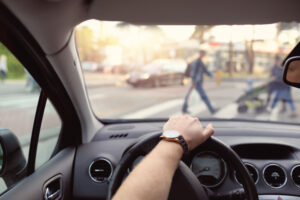

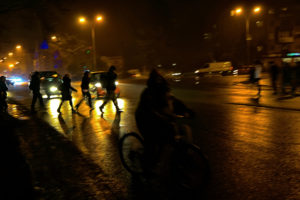

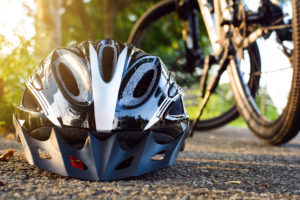



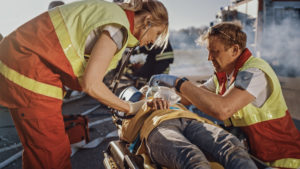



Comments for this article are closed.